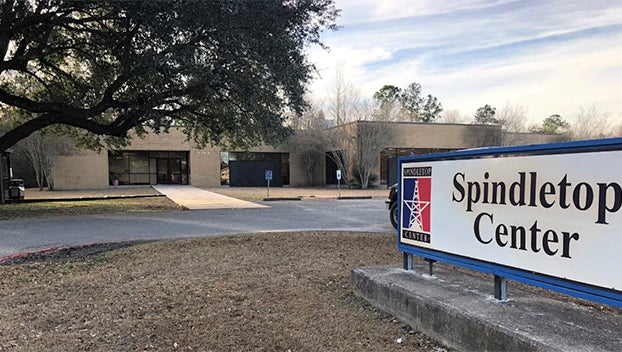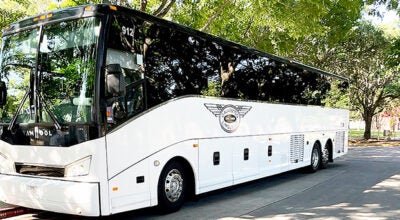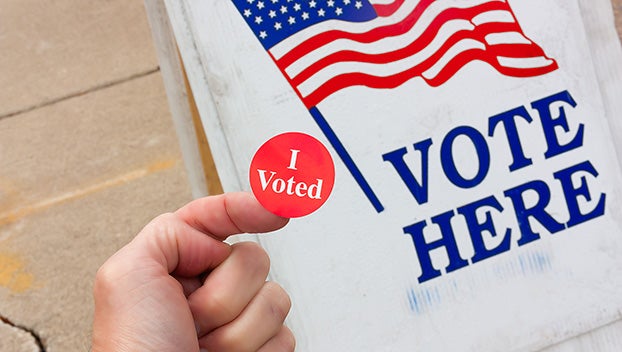Judge puts halt on new overtime rule
Published 8:39 pm Friday, November 25, 2016
Special to The Leader
A Texas judge put the brakes on the Department of Labor’s (DOL) new federal overtime rule Tuesday, just ten days before implementation.
U.S. District Judge Amos Mazzant of Sherman, Texas, agreed with 21 states and a coalition including the U.S. Chamber of Commerce, that the rule, which would have doubled the Fair Labor Standards Act (FLSA’s) salary threshold for exemption from overtime pay, is unlawful, and granted a motion for a nationwide injunction.
The rule would give mandatory overtime pay to workers making less than $47,500 a year forcing businesses to face options of increasing salaries, paying overtime or limiting employees to a maximum 4-hour work week.
“While we were aware of several legislative attempts to stave off implementation and were aware of court challenges, most people had resigned themselves to the fact that action wouldn’t occur prior to December 1st,” Regina Lindsey, President of the Greater Beaumont Chamber of Commerce said. “The ruling comes as quite a surprise as the chamber has worked diligently to assist businesses and non-profits with undertaking compliance.”
In a statement issued Tuesday, U.S. Chamber of Commerce official Randy Johnson says the rule would have been costly and disruptive to business.
“If the overtime rule had taken effect, it would have resulted in significant new costs – more than $1 billion according to the Congressional Budget Office – and it would have caused many disruptions in how work gets done. Furthermore, the rule would have reduced workplace flexibility, remote electronic access to work, and opportunities for career advancement. This is a great result,” Johnson said.
The Labor Department said it “strongly disagreed” with the decision and is considering the possibility of appealing. Until then, Lindsey says the Chamber will be monitoring the situation over the next month in case the Obama administration decides to pursue further action.
“It is unlikely a Trump administration would pursue further appeals,” Lindsey says. “Therefore, it is reasonable to assume if no higher court takes action before inauguration the current rules stand. ”
The states of Alabama, Arkansas, Arizona, Georgia, Indiana, Iowa, Kansas, Kentucky, Louisiana, Maine, Michigan, Mississippi, Nebraska, Nevada, New Mexico, Ohio, Oklahoma, South Carolina, Texas, Utah and Wisconsin all joined the suit.





